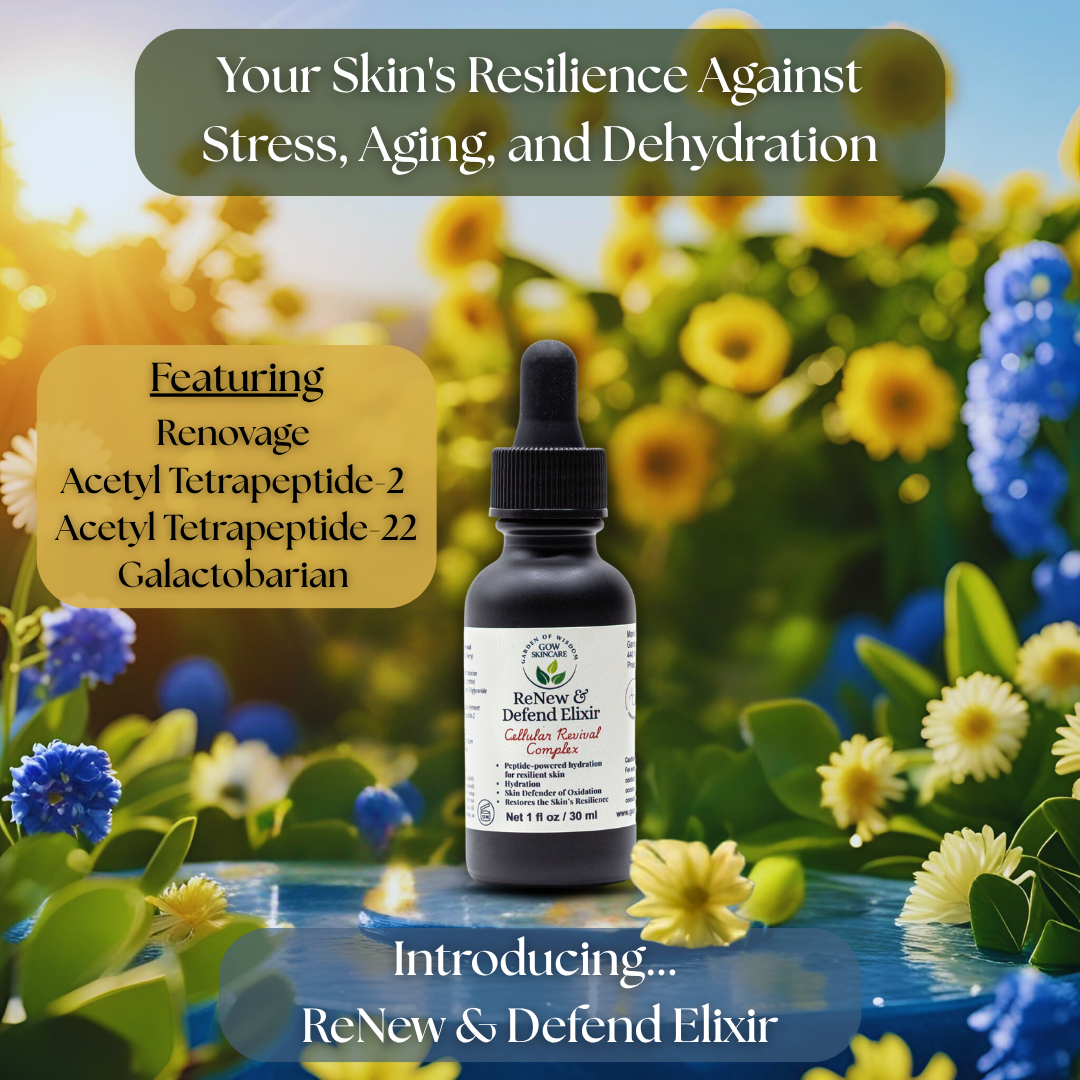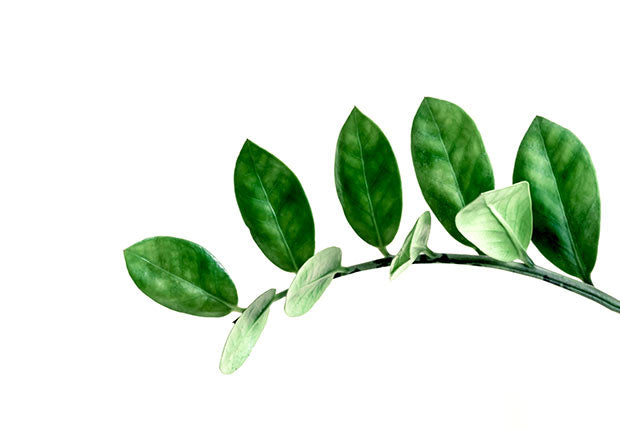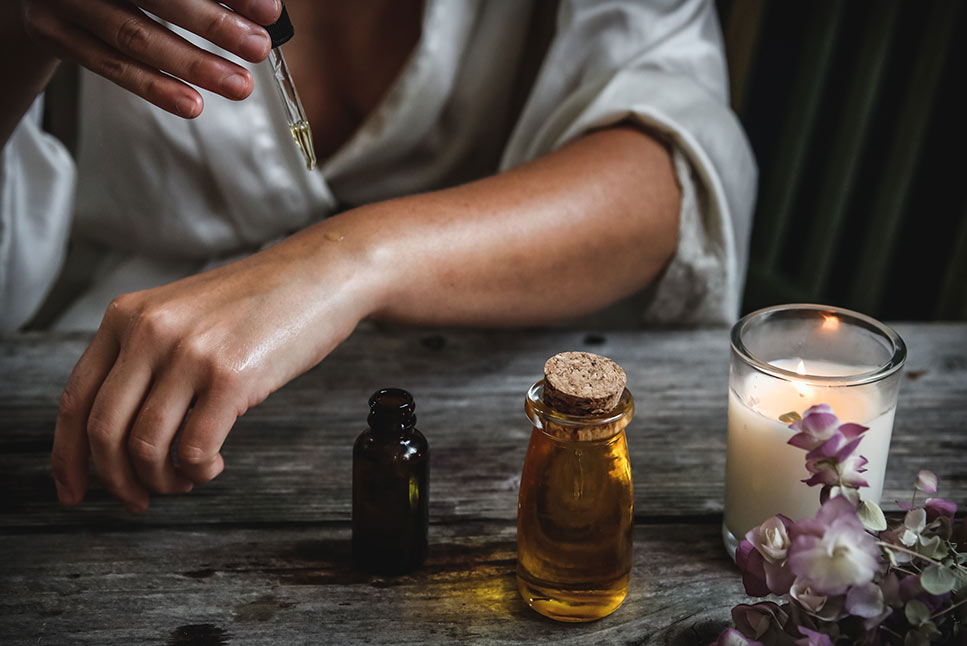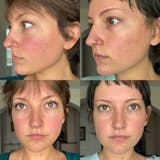
How to Strengthen Your Skin's Resilience Against Stress, Aging, and Dehydration
We ask so much of our skin. Day after day, it acts as our shield, defending us from pollution, UV rays, changing seasons, hormonal fluctuations, stress, and even the products we layer on with the best of intentions. <<<----- it's a sad fact!
Over time, this constant exposure can wear down our skin’s natural ability to bounce back, leaving it dry, dull, reactive, and less able to repair itself.
But here’s the good news: skin resilience is something we can support and rebuild.
In this post, we’ll explore what skin resilience means, why it weakens with stress, aging, or dehydration, and how you can help your skin regain its glow, strength, and sense of calm.
What Is Skin Resilience?
Skin resilience refers to your skin’s ability to withstand stress and recover from damage. This includes external aggressors like smoke, heat, and pollution, as well as internal ones like inflammation or hormonal shifts.
A resilient complexion holds onto hydration, maintains elasticity, and heals more quickly from irritation.
Common signs your skin may be losing resilience:
- dryness or tightness
- redness or increased sensitivity
- slower healing from blemishes
- pronounced fine lines
- uneven tone or rough texture
What Causes Skin to Lose Resilience?
- Aging: natural collagen and lipid production slow down, leading to thinner, more fragile skin.
- Chronic Stress: mental or environmental stress can impair barrier function and trigger inflammation.
- Dehydration: skin cells need water to function and repair themselves.
- Pollution & Sun Exposure: these external stressors damage the skin over time.
- Hormonal Shifts: especially during menopause, estrogen loss reduces skin’s firmness and moisture retention.
Is it Possible to Rebuild Skin Resilience? Why, yes, it is indeed.
1. Focus on Barrier Repair
Your skin’s outer layer protects you from the outside world. Strengthening that barrier is step one.
Look for ingredients like:
ceramides, cholesterol and/or fatty acids, oat beta-glucans, and panthenol
Tip: Apply a lovely balm or lipid serum after your water-based products to lock in moisture. Yes, lock in moisture, as many are taught these offer moisture, but they are oil-based, conditioning, and created to hold moisture to the skin.
2. Hydrate from the Inside Out
Dehydrated skin lacks water. The easiest and quickest way to rehydrate your skin is by upping your water intake, considering hyaluronic acid capsules (taken internally), and using water-based hydrating products. Spritzing mineral water, hydrosols, hydrating mists, etc., topically throughout your day will encourage your skin to remain moist and supple.
Tip: did you know that applying hydrating serums before gels, oils, or creams will help those products to absorb more easily while helping to stretch your skincare dollars by using less product?
Yep, you heard it here @Garden of Wisdom :-)
3. Strengthen with Antioxidants
Like . . .
a. Superoxide Dismutase (SOD)
b. L-Carnosine
c. Resveratrol
d. gentle Vitamin C (Sodium Ascorbyl Phosphate)
e. green tea or edelweiss extract
Look for serums with a high antioxidant load, especially in your morning routine.
------------>>>>>> Try Our Newly Released ReNew & Defend Elixir - Cellular Revival Complex
4. Use Smart Peptides and Adaptogens
Certain peptides help skin adapt to stress and recover faster.
-
Acetyl Tetrapeptide-22: boosts HSP70
(a protective protein that shields skin from stress) - Acetyl Tetrapeptide-2: supports tissue regeneration for firmer, more resilient skin
- Renovage™ (Teprenone): improves moisture retention and supports aging skin
- Neurophroline: derived from wild indigo, reduces cortisol-induced inflammation
Remember:
Healthy skin is calm, hydrated, and better able to bounce back from stress. Whether you’re navigating aging, hormonal shifts, or dryness, giving your skin the tools to rebuild makes all the difference.









